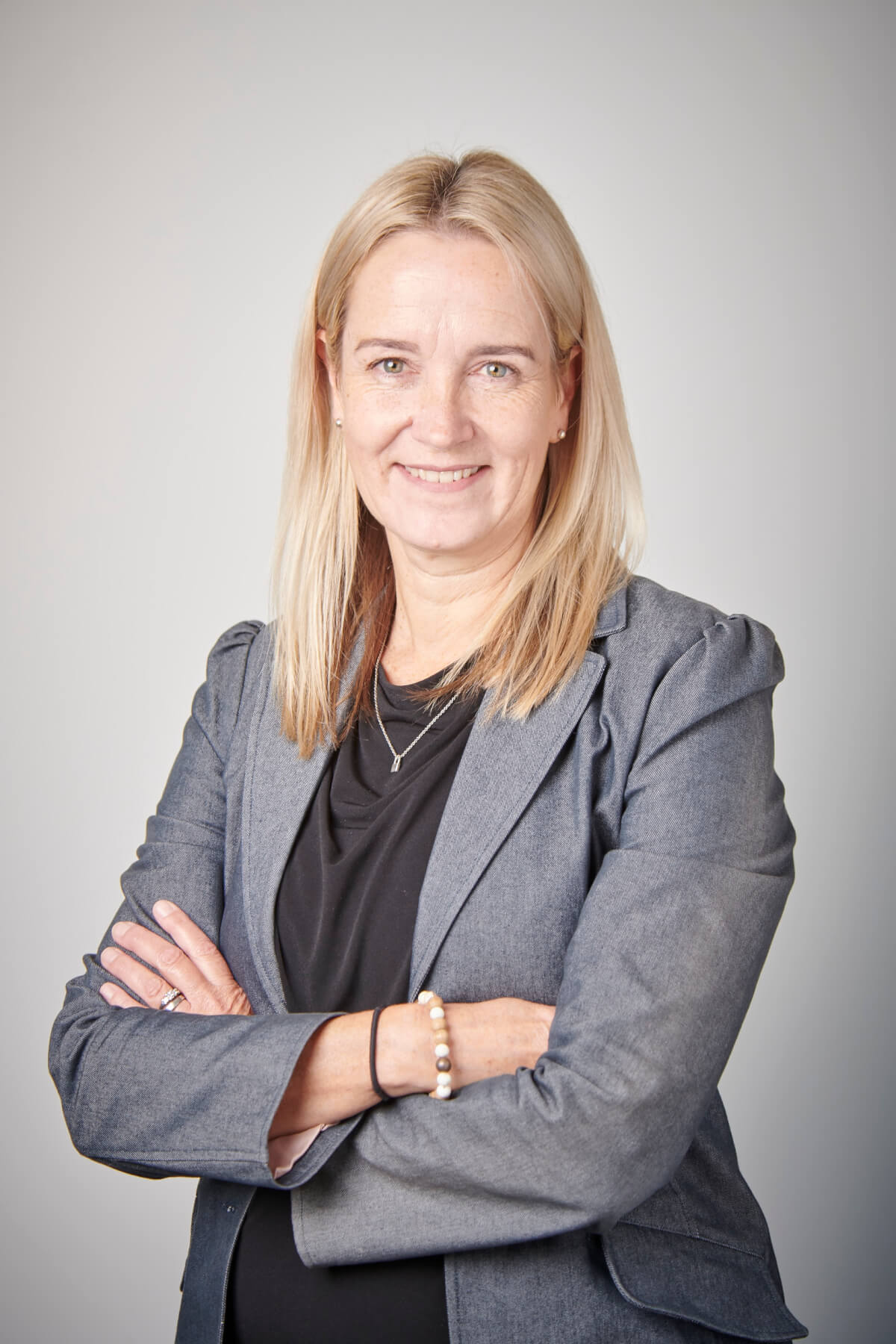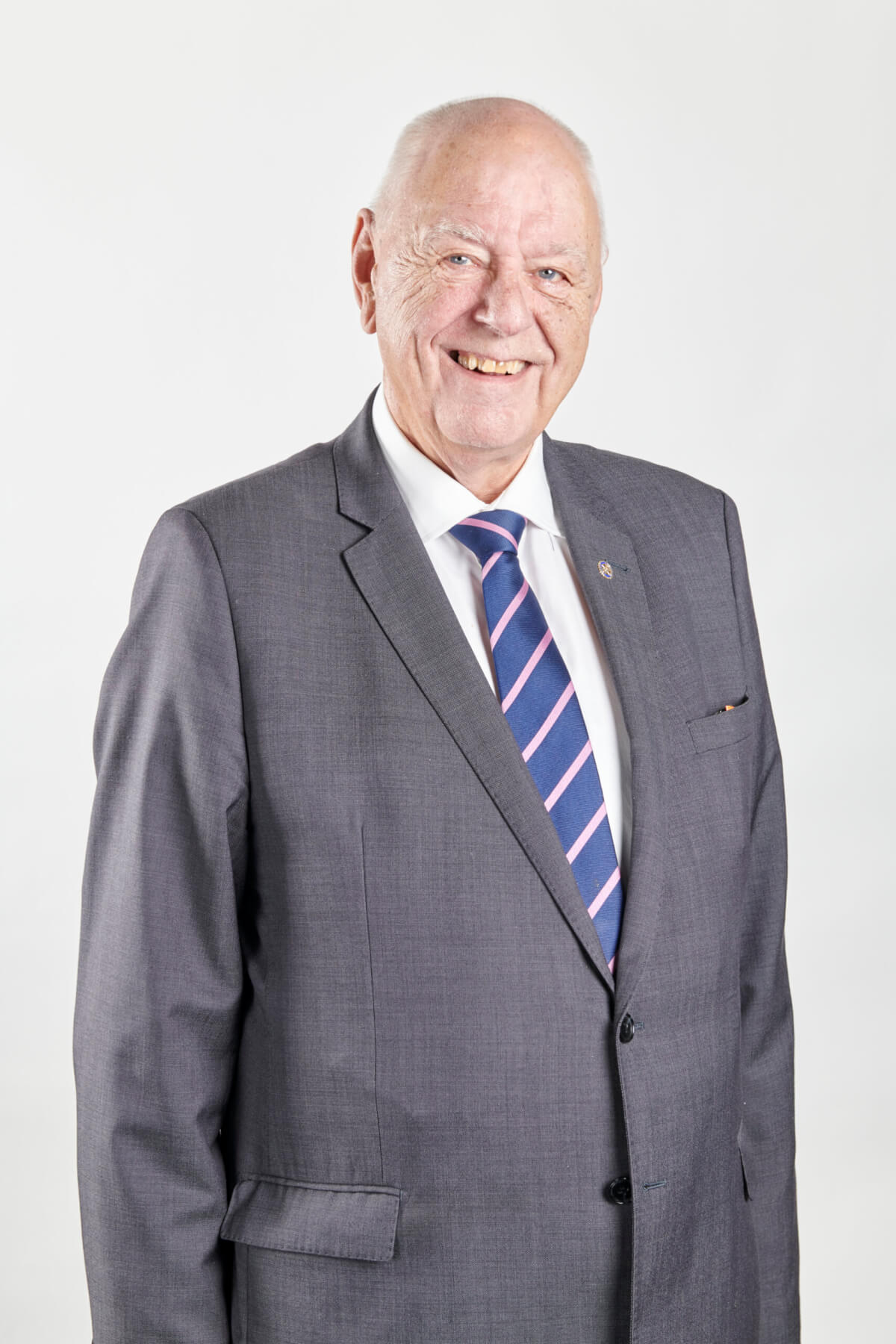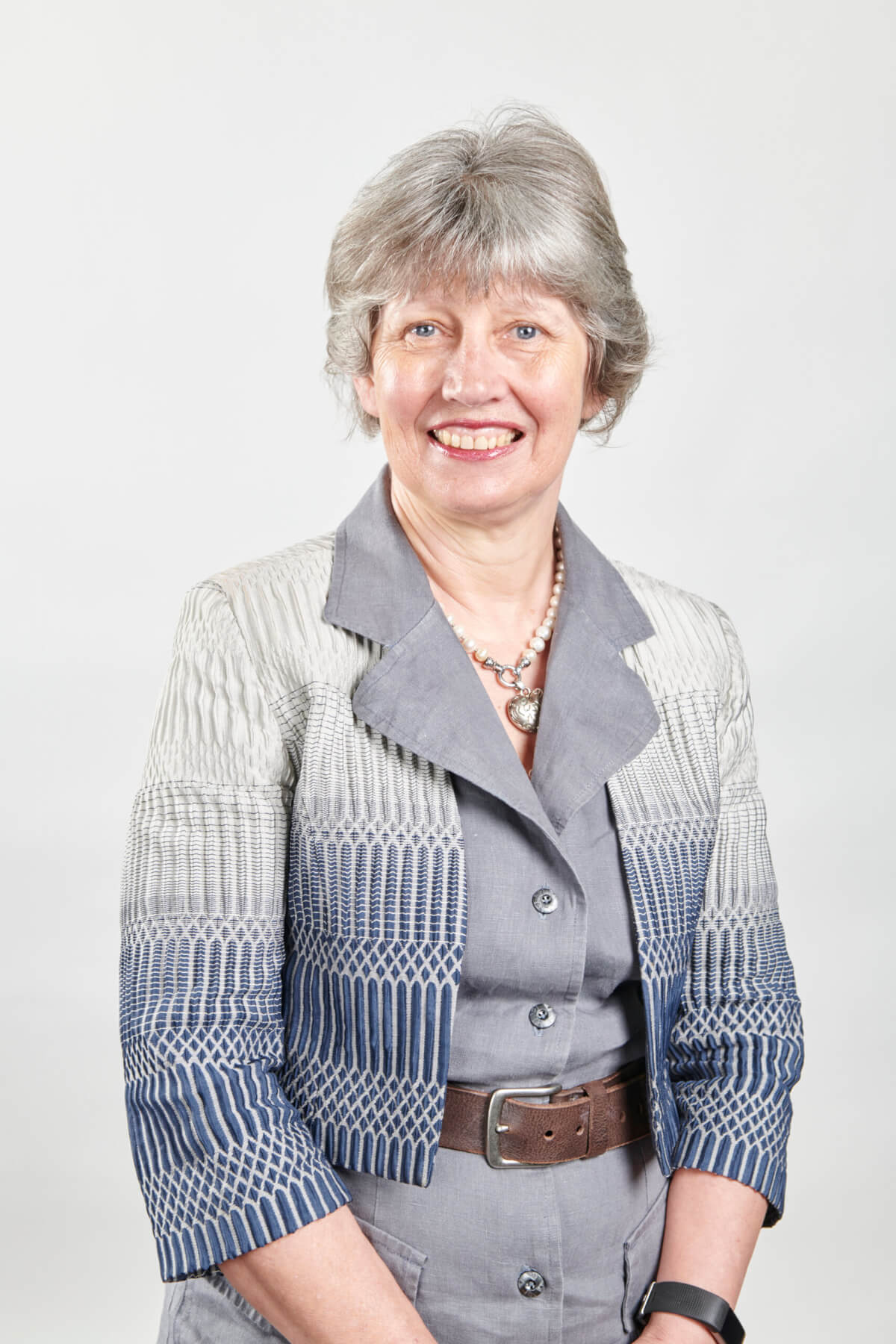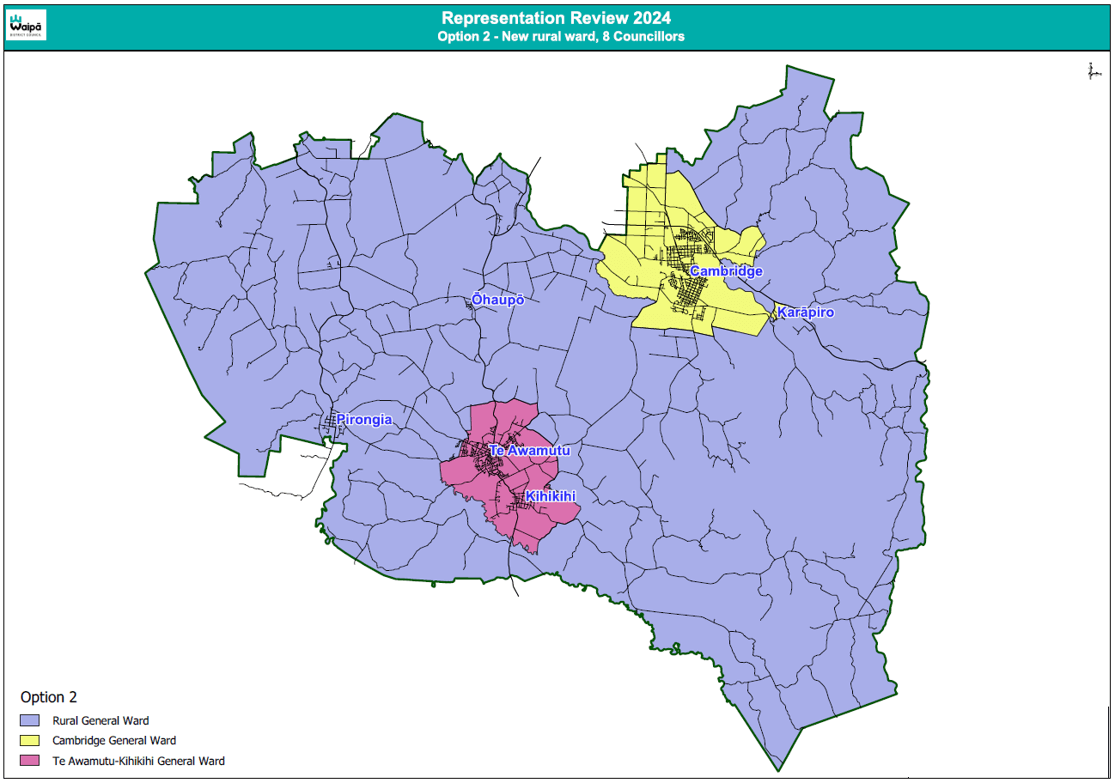A proposal to reduce the number of Waipā district councillors from 11 to eight is still on the table, but only just, after a workshop last week revealed significant disagreements among elected members.

Susan O’Regan
The proposal, initiated and championed by mayor Susan O’Regan was not a silver bullet but a way for councillors to take control of the district’s destiny, she told the workshop.
But four veteran councillors – Lou Brown, Philip Coles, Bruce Thomas and Roger Gordon – were adamant the representation review is unnecessary and a waste of staff time.
And another four – Mike Montgomerie, Andrew Brown, Marcus Gower and Mike Pettit – who supported a suggestion staff present a report to council later this month, are clearly still undecided.

Roger Gordon
“I raised this matter and I challenged us to consider how we could be better governors, more professional governors, more dedicated governors,” O’Regan told the workshop.
“More people around this table does not make better representation or better governors.”
Fewer councillors does not mean paying less as the amount of remuneration is set independently and the pot of money would be divvied up among eight rather than 11 councillors.
Stephen Hill from ElectionNZ – Waipā’s election returning officers – told the workshop residents had been asked to comment on the suggestion to create one rural and three other wards, including a Māori one.
There were 59 responses with 32 saying 11 councillors was too many, 21 thought it was about right and five thought it was too few.

Clare St Pierre
“I was pretty heartened by the feedback we got,” said Clare St Pierre.
Reducing the number of councillors would not see representation suffer and it was clear people wanted that rural voice maintained.
But Gordon dismissed the feedback saying 59 submissions did not suggest the community wanted change.
“I’m not seeing sufficient evidence for the need,” he said while also noting the final population counts had not come out and further change might be needed.
He agreed with one submitter who said a representation review was “a needless and huge waste of staff resources and time.”

Mike Montgomerie
Montgomerie, who represents Maungatautari, said a combined rural ward did not “gel with me.”
Rural people who identify Cambridge and Te Awamutu as their towns were different, he said.
Staff will work on a paper to present to the council’s Finance and Corporate committee on July 30.
That will canvas the options available to councillors and include do nothing, sticking with the status quo with some boundary changes and reducing the numbers by creating one rural ward and having three general wards.
Muddying the waters is whether Waipā will be required to either resolve or disestablish its Māori ward or hold a binding poll. That decision must wait for the current bill before Parliament to be enacted or significantly changed to reflect opposition by local authorities throughout New Zealand.

Option 2 – New rural ward, eight councillors.








